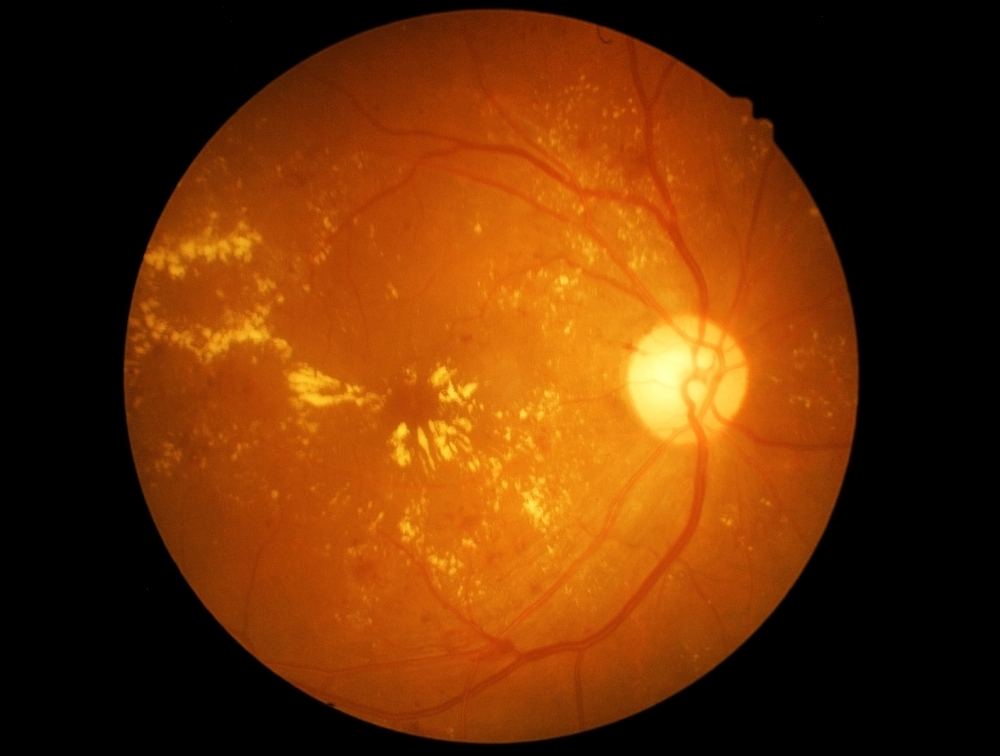
A macular hole is a small, full-thickness defect in the center of the macula, the part of the eye responsible for your central, detailed vision. Macular holes can severely impact your ability to see clearly and perform everyday tasks. Understanding the different stages and types of macular holes is crucial for timely diagnosis and effective treatment.
What is a Macular Hole?
A macular hole is a small, round opening that develops in the center of the macula, the part of the eye responsible for your central, detailed vision. This condition can cause significant vision loss and impair your ability to perform tasks that require sharp, clear eyesight, such as reading, driving, and recognizing faces.
Causes and Risk Factors of Macular Holes
Macular holes can develop due to a variety of factors, including:
- Age: Macular holes are more common in older adults, with the risk increasing as you get older.
- Gender: Women are more likely to develop macular holes than men.
- Eye Injuries: Trauma or injury to the eye can lead to the development of a macular hole.
- Eye Conditions: Certain eye conditions, such as diabetic retinopathy or retinal detachment, can increase the risk of macular holes.
- Vitreous Traction: As you age, the vitreous (the gel-like substance in the center of the eye) can pull away from the retina, causing traction and leading to the formation of a macular hole.
Understanding the Stages of a Macular Hole
Macular holes typically progress through four distinct stages, each with its own characteristics and treatment considerations. Let's explore these stages in detail:
In the early stage of a macular hole, you may notice a small, circular detachment of the retina at the center of the macula, known as a foveal detachment. This stage is often reversible, and the hole may close on its own without the need for treatment.
As the macular hole progresses, it becomes a partial-thickness hole, meaning it does not extend all the way through the retina. At this stage, you may experience a noticeable decrease in your central vision, making it difficult to perform tasks that require sharp, detailed eyesight.
In the third stage, the macular hole becomes a full-thickness defect, extending all the way through the retina. This stage is associated with significant vision loss, and prompt treatment is typically recommended to prevent further deterioration of your eyesight.
In the final stage, the vitreous (the gel-like substance in the center of the eye) completely separates from the macula, a condition known as complete vitreomacular separation. This stage is often associated with the best prognosis for successful surgical repair, as the vitreous traction is no longer a contributing factor.
Treatment Options for Macular Holes
Depending on the stage and severity of your macular hole, your ophthalmologist may recommend one or more of the following treatment options:
- Observation: In the early stages of a macular hole, your ophthalmologist may recommend a "wait-and-see" approach, as some small, partial-thickness holes may close on their own without the need for surgical intervention.
- Intravitreal Injections: Your ophthalmologist may prescribe intravitreal injections of certain medications, such as anti-vascular endothelial growth factor (anti-VEGF) agents, to help reduce inflammation and promote macular hole closure.
- Vitrectomy: This surgical procedure involves removing the vitreous gel from the eye and peeling away any scar tissue or adhesions that may be contributing to the macular hole. The hole is then sealed with a gas bubble or silicone oil to promote healing.
- Membrane Peeling: In some cases, your ophthalmologist may also peel away the inner limiting membrane (ILM), a thin layer of the retina, to further enhance the chances of successful macular hole closure.
Schedule Your Evaluation with Gulf Coast Retina Center Today
Macular holes are a serious eye condition that can significantly impact your central vision and daily activities. Understanding the different stages of macular holes is crucial for timely diagnosis and effective treatment. If you suspect you may have a macular hole, it's essential to consult with an experienced ophthalmologist who can provide a comprehensive evaluation and recommend the most appropriate course of action.
If you're concerned about macular holes or other retinal conditions, Gulf Coast Retina Center is here to help. We specialize in the diagnosis and treatment of a wide range of retinal disorders. Visit our office in Sarasota or Venice, Florida. Call (941) 312-2769 to be seen today.








